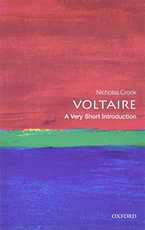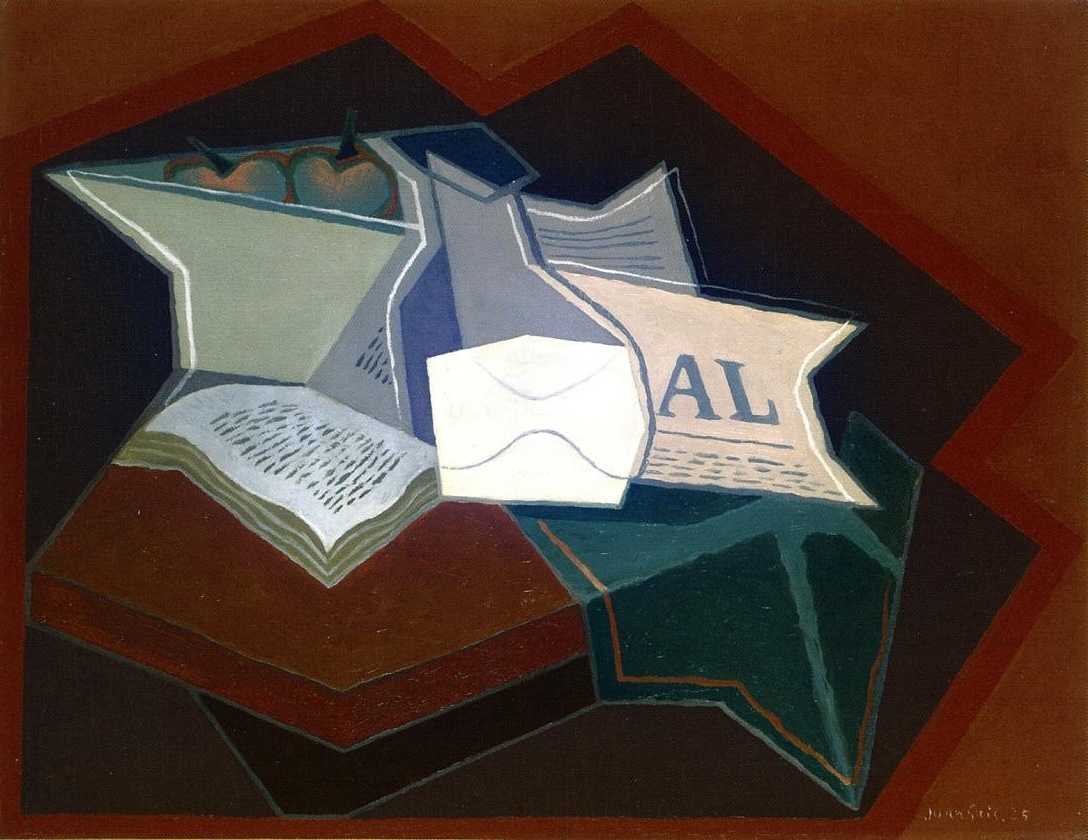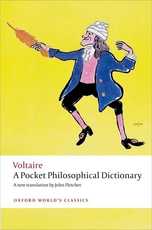

Voltaire The Best 5 Books to Read
Voltaire (1694 - 1778) is the pen name of François-Marie Arouet, a French Enlightenment writer, historian, and philosopher. Famous for writing with supreme wit and intelligence, Voltaire was a strong advocate of civil liberties, free speech, and the separation of church and state, and wrote sustained critiques on the philosophy and religion of his contemporaries.
Voltaire was a true celebrity of his day — his satires and outspoken polemics brought him huge international recognition — and, along with John Locke and Immanuel Kant, he’s gone down in history as a key voice for Enlightenment values.
Writing thousands of works and pamphlets over his lifetime — from poems and plays to histories and novellas — Voltaire’s interests spanned virtually every literary genre.
This reading list consists of the best books on and by Voltaire. After reading it, you’ll understand exactly why this brilliant French thinker was so popular in his own lifetime, and retains such influence in ours. Let’s dive in!
1. Voltaire: A Very Short Introduction, by Nicholas Cronk
Published in 2017, Nicholas Cronk’s Voltaire: A Very Short Introduction is a fantastic place to start for anyone with a budding interest in Voltaire’s life and work.
Considering the sheer breadth and depth of Voltaire’s writings, Cronk does an admirable job in providing an illuminating overview of his most important arguments and ideas.
Cronk also provides helpful background about the politics and concerns of the Enlightenment period to contextualize Voltaire’s remarkable fame and career, and makes clear why his influence continues to be so enduring. Coming in at an accessible 144 pages, Voltaire: A Very Short Introduction is a very nice entry point to Voltaire.
2. Voltaire Almighty, by Roger Pearson
If you’re seeking to dive a little deeper with your Voltaire scholarship, look no further than Roger Pearson’s Voltaire Almighty, first published in 2005.
This biography brings Voltaire vividly to life, taking us on an entertaining journey through the great thinker’s intellectual and personal adventures — complete with love affairs, banishments, jail sentences, and international fame.
Pearson writes brilliantly to convey exactly why Voltaire personified the French Enlightenment throughout his lifetime, and became emblematic of it following his death. With its 480 pages packed full of insight, this book is highly recommended for those seeking a deeper understanding of Voltaire’s thought.
In one concise email each Sunday, I break down a famous idea from philosophy. You get the distillation straight to your inbox:
💭 One short philosophical email each Sunday. Unsubscribe any time.
3. Candide, by Voltaire
Turning from introductions and biographies to primary texts, where better to start than with the novella that cemented Voltaire’s name into world history?
Though not his most read work during his own lifetime, Voltaire’s 1759 Candide has become the text by which most people know the great French thinker today — and for good reason.
Candide is one of the sharpest and most entertaining satires ever written, skewering a number of popular philosophical ideas of Voltaire’s time, including Leibniz’s suggestion that we live in ‘the best of all possible worlds’. Though Candide’s travels bring him to the heart of suffering and despair across the globe, he remains absurdly optimistic in the face of them.
Voltaire thus brilliantly exposes “the mania for insisting that all is well when all is by no means well,” and his writing is as fresh and comedic today as it was almost three centuries ago — making Candide simply essential reading for anyone interested in Voltaire.
4. Treatise on Toleration, by Voltaire
In 1762, a merchant from Toulouse named Jean Calas was publicly executed after being accused of killing his son. The execution was particularly brutal — Calas was pulled apart by four horses, and it reportedly took a long time for him to die. However, after his death, it soon became clear that Calas was not guilty at all, and that he was persecuted simply for being Protestant in a Catholic-dominated town.
Voltaire took great interest in what became known as the Calas affair, and began a campaign to clear Calas’s name. In so doing, he wrote dozens of pamphlets and texts that took the Calas affair international.
Voltaire’s 1763 Treatise on Toleration is his story of this case — as well as a powerful polemic against fanaticism, a strong defense of religious freedom, and a rallying cry for tolerance.
This important work encapsulates all that is brilliant about Voltaire: his bravery in standing up to established authorities, his attunement to Enlightenment values, and his brilliantly sharp, politically-engaged, persuasive writing.
5. A Pocket Philosophical Dictionary, by Voltaire
Voltaire’s controversial 1764 A Pocket Philosophical Dictionary consists of a series of short, witty, incisive essays arranged in alphabetical order on subjects ranging from atheism to tyranny.
Concise by design — the ‘pocket’ medium was a response to the lengthy, verbose encyclopedias being produced at the time — this brilliant work includes Voltaire’s famed critiques of religion, dogma, superstition, fanaticism, and another rallying cry for toleration.
Dripping in sarcasm throughout, and remaining startlingly fresh and modern with its conversational tone, the entries in A Pocket Philosophical Dictionary can be read in any order, making this a fun, thoughtful read for anyone interested in Voltaire and the ideas of the Enlightenment.
Further reading
Are there any other books you think should be on this list? Let us know via email or drop us a message on Twitter or Instagram.
In the meantime, why not explore more of our reading lists on the best philosophy books:

View All Reading Lists
Essential Philosophy Books by Subject
About the Author

Get one mind-opening philosophical idea distilled to your inbox every Sunday (free)

From the Buddha to Nietzsche: join 25,000+ subscribers enjoying a nugget of profundity from the great philosophers every Sunday:
★★★★★ (100+ reviews for Philosophy Break). Unsubscribe any time.

Latest Breaks
Each philosophy break takes only a few minutes to read, and is crafted to expand your mind and spark your curiosity.









